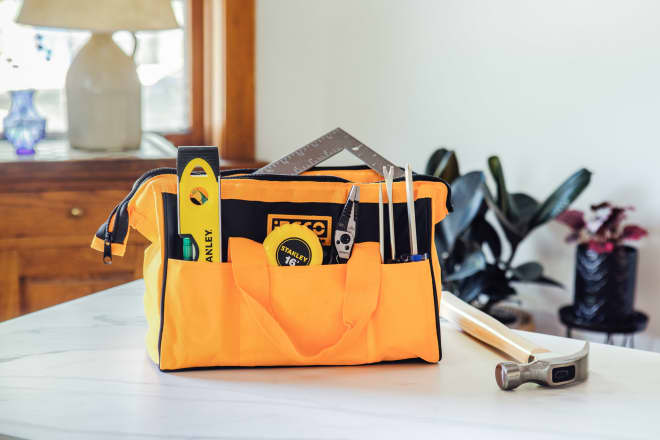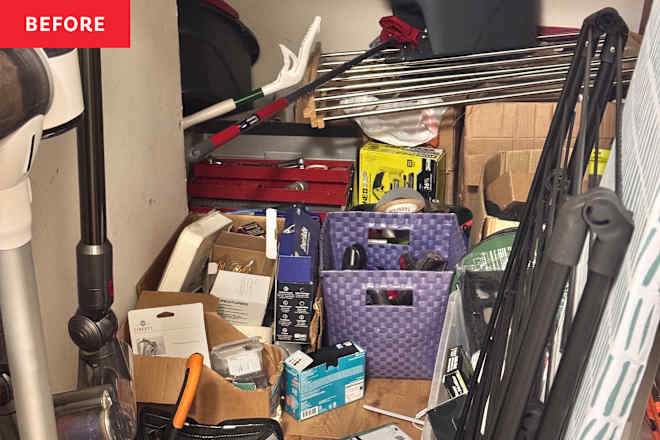Artist Partner Group Sues Create Music Group for ‘Brazen Thievery’
APG has accused Create of violating copyrights by uploading and monetizing songs it doesn't own and interfering with its artists' contracts.

The independent label and publishing company Artist Partner Group (APG) sued Create Music Group on Tuesday (Jan. 21), accusing the company of violating copyrights by uploading and monetizing songs it didn’t actually own. APG also accused Create of interfering with its artists’ contracts.
“Create’s ‘business model’ is to steal the intellectual property and contractual rights of innocent rightsholders,” APG’s attorney writes.
APG’s complaint argues that Create has engaged in several forms of copyright infringement, including by “unlawfully uploading” APG artists’ songs to streaming services” and “collecting royalties for them” as well as releasing a song called “Montagem Diamante Rosa” “which flagrantly copies” another composition that is owned by APG.
The suit also argues that Create approaches acts who have signed with APG and offers them YouTube monetization deals despite the fact that this service is already part of APG’s agreements with its artists. (Recording or publishing agreements typically give an artist’s partner the right to collect royalties across all the different platforms.) “Create and its subsidiaries wrongfully induced these artists to sign these bogus ‘contracts’ by falsely asserting that [APG was] purportedly doing a bad job exploiting their works and leaving money on the table (thereby damaging Plaintiffs’ reputation),” according to the complaint. “Create and its subsidiaries further falsely induced these artists by telling them that these ‘contracts’ do not violate [APG]’s rights.”
In a statement, Jeff Movit, head of litigation for Chaudhry Law, said “our complaint demonstrates that APG will aggressively protect its contracts and copyrights.”
A representative for Create was not immediately available for comment.
Create was founded in 2015 and built its profile in the music industry through its YouTube royalties collection business. It has also branched out into other areas: Create owns other companies including Label Engine, a distributor; Flighthouse, a TikTok-focused digital media studio; and a majority stake in The Nations, a collection of popular YouTube channels.
While APG’s complaint is multifaceted, part of it focuses on Create’s business practices on YouTube: “Create and its subsidiaries have falsely filed claims with YouTube in which Defendants baselessly assert that they own rights in sound recordings and musical compositions that third parties have posted.”
This is not the first time that Create’s tactics on the popular video platform have drawn criticism. More than 10 executives told Billboard in 2022 that they knew of instances where Create claimed YouTube royalties it had no right to, sharing email threads and screenshots to back up their claims.
In an interview at the time, Create co-founder Jonathan Strauss denied these allegations. “We’ve never been sued by a lawyer or manager for this activity,” he added. “You would have to think if there was any truly egregious activity they would do that.”
Lawsuits are expensive and time-consuming. In October 2023, however, the music management company DigiGlo — whose clients include the rapper Chief Keef — sued Create, alleging that it “lost out on years of payments for its content monetization” for more than 400 works on YouTube because of Create’s refusal to honor contracts. DigiGlo estimated that it had lost “hundreds of thousands of dollars in revenue.”
Create filed a terse answer to DigiGlo’s complaint two months later, denying “each and every allegation.” The suit is ongoing. (Create also faced a lawsuit from Cinq Music Group in 2022 that revolved around the use of a Shiloh Dynasty sample, though a judge dismissed Cinq’s claims last year.)
Meanwhile, Create has been raising money. In June, the company announced that it had received a $165 million investment from the private equity firm Flexpoint Ford. “Flexpoint’s investment will support our ambitious acquisition strategy,” Strauss said in a statement at the time, and “allow us to expand our market presence and create the scale to continue to provide unparalleled services to our clients and partners.”
What's Your Reaction?























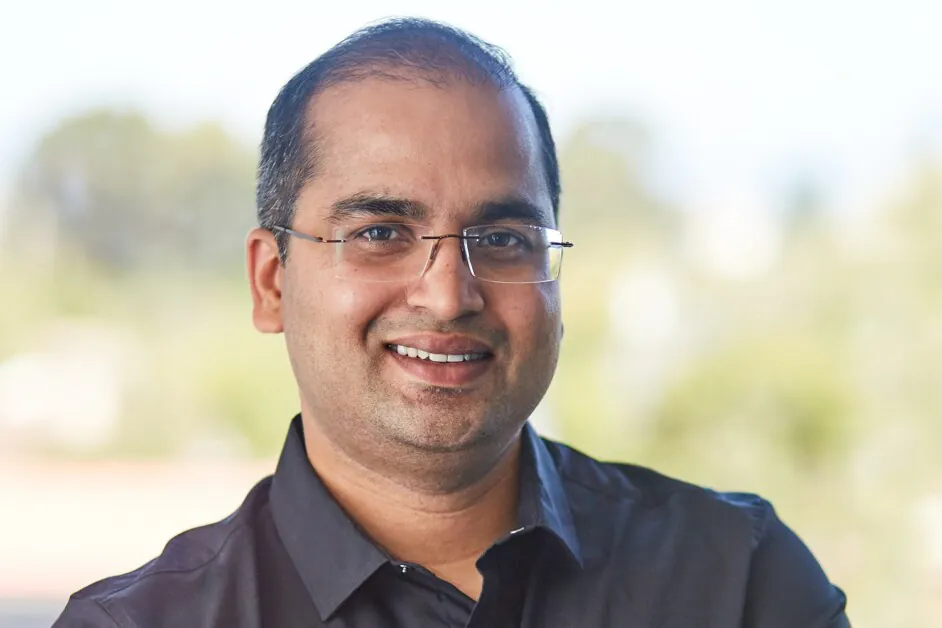



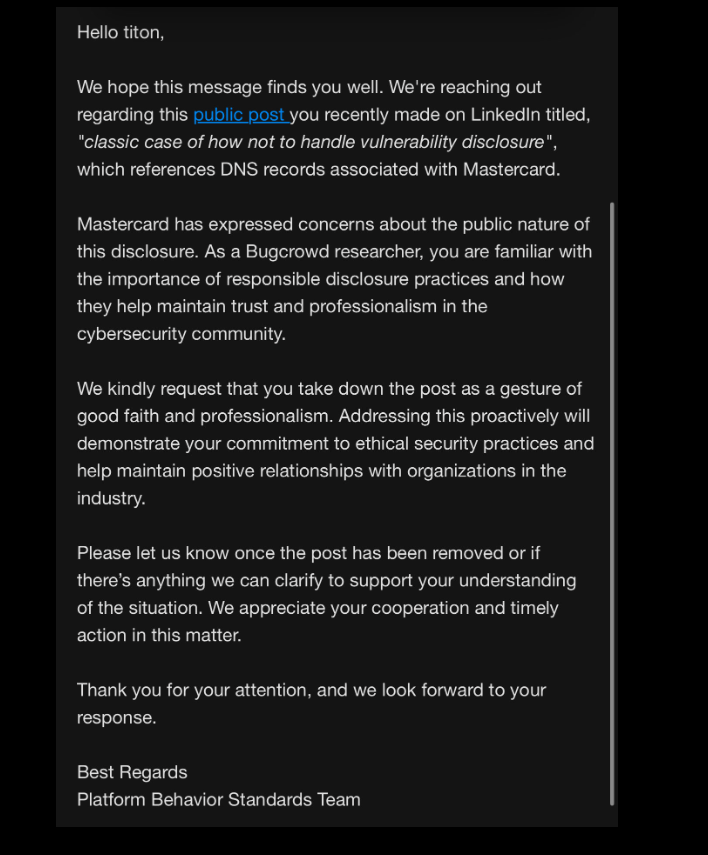


.jpg?width=1920&height=1920&fit=bounds&quality=80&format=jpg&auto=webp#)


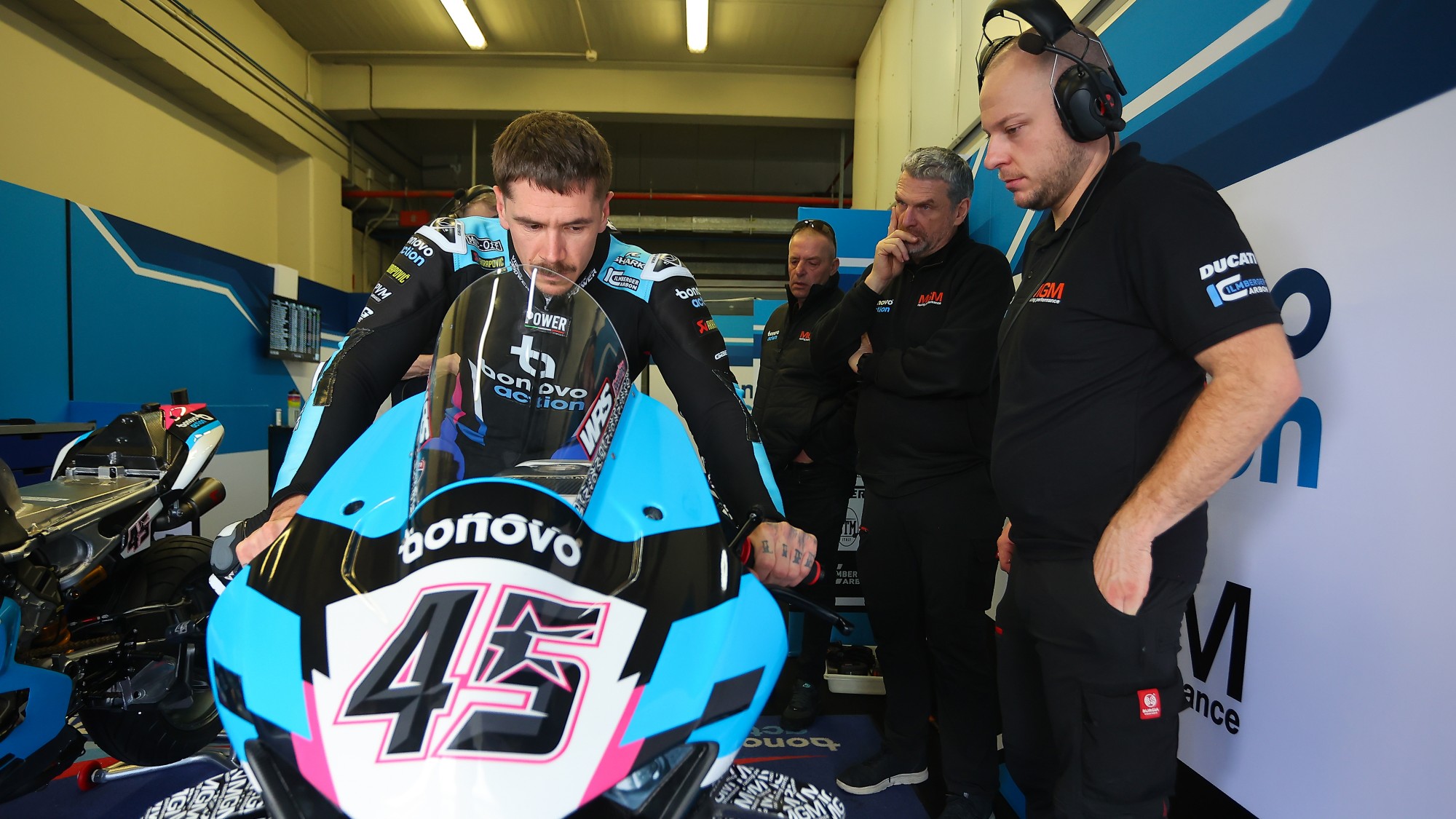


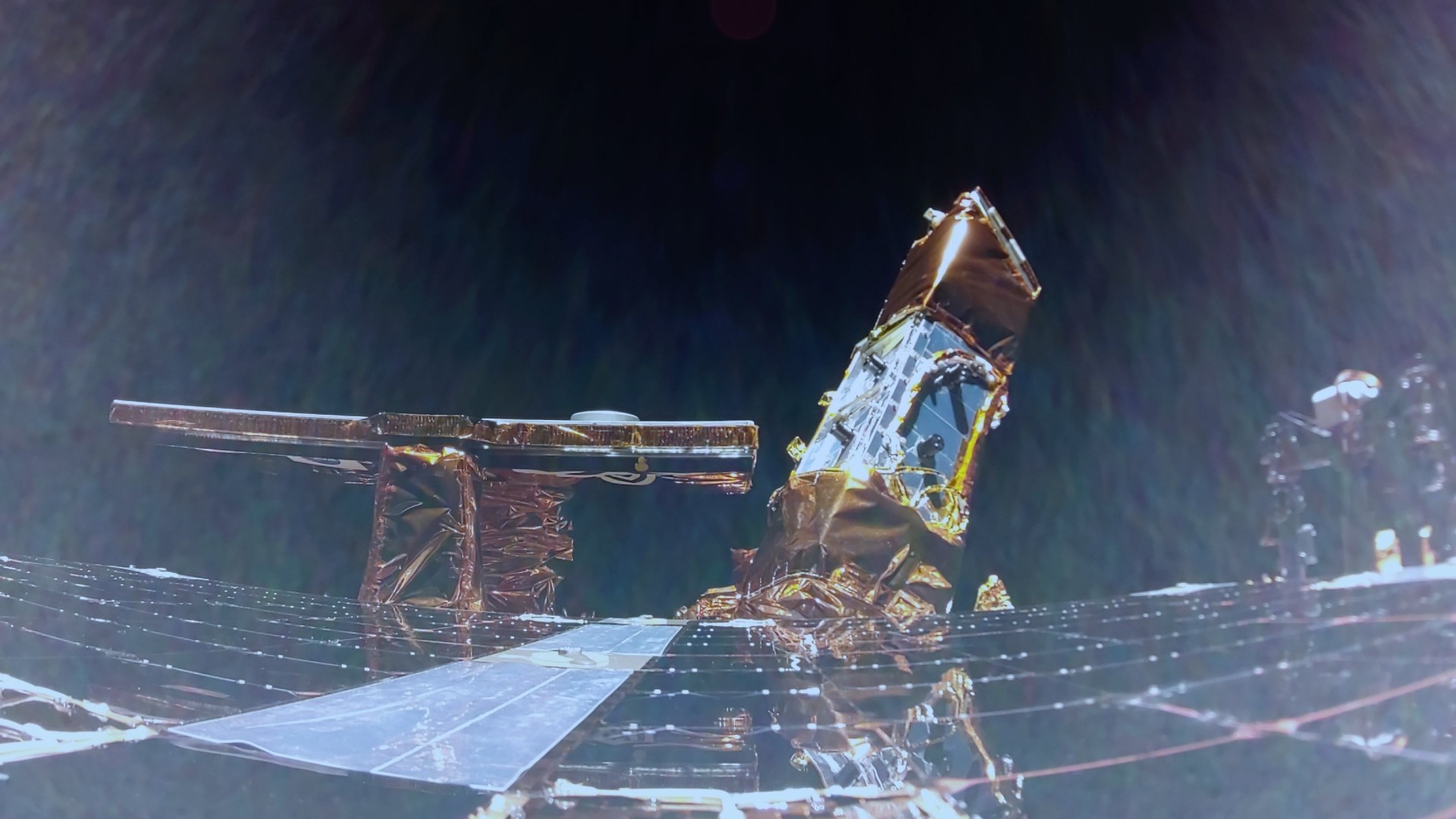




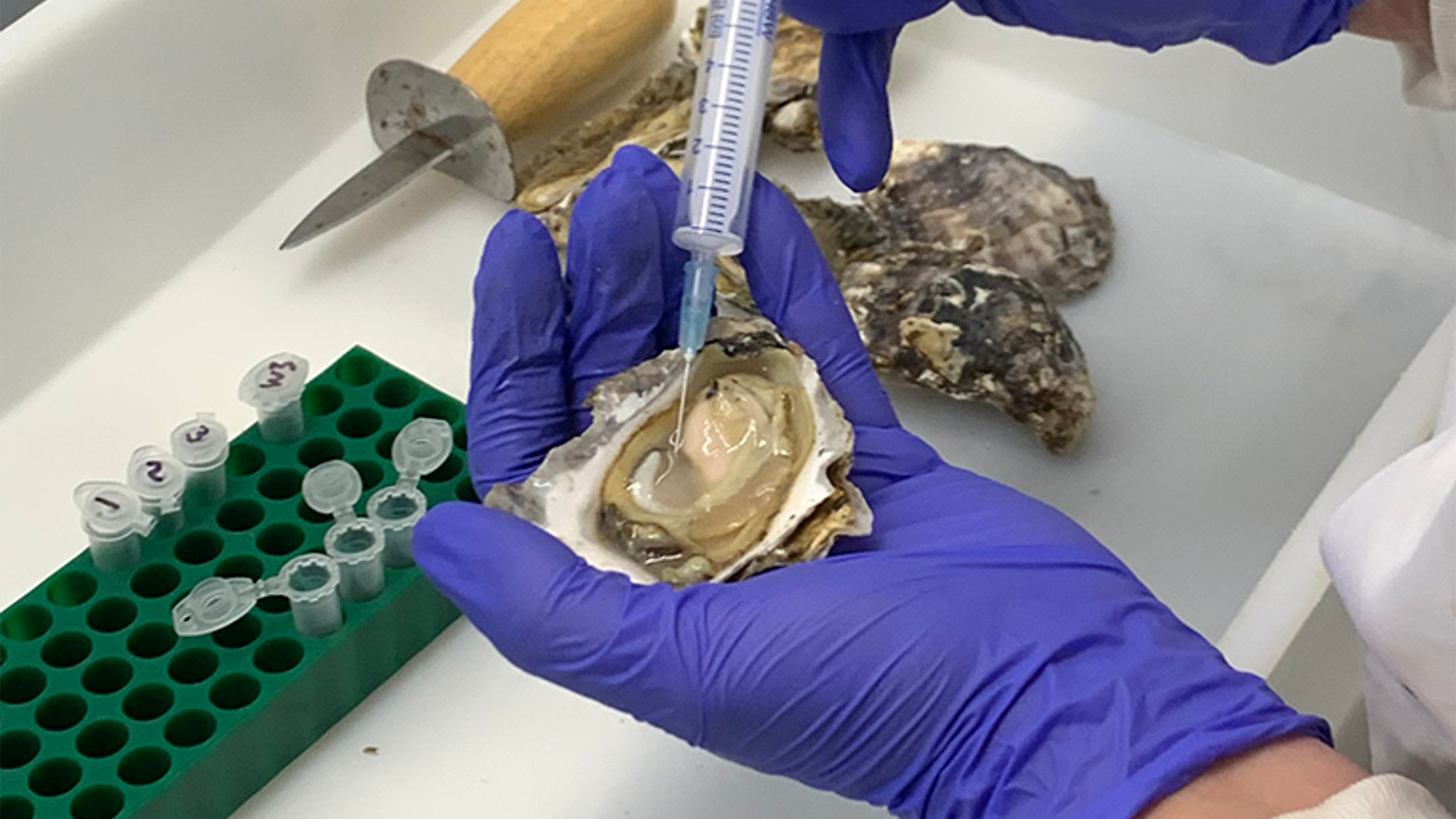

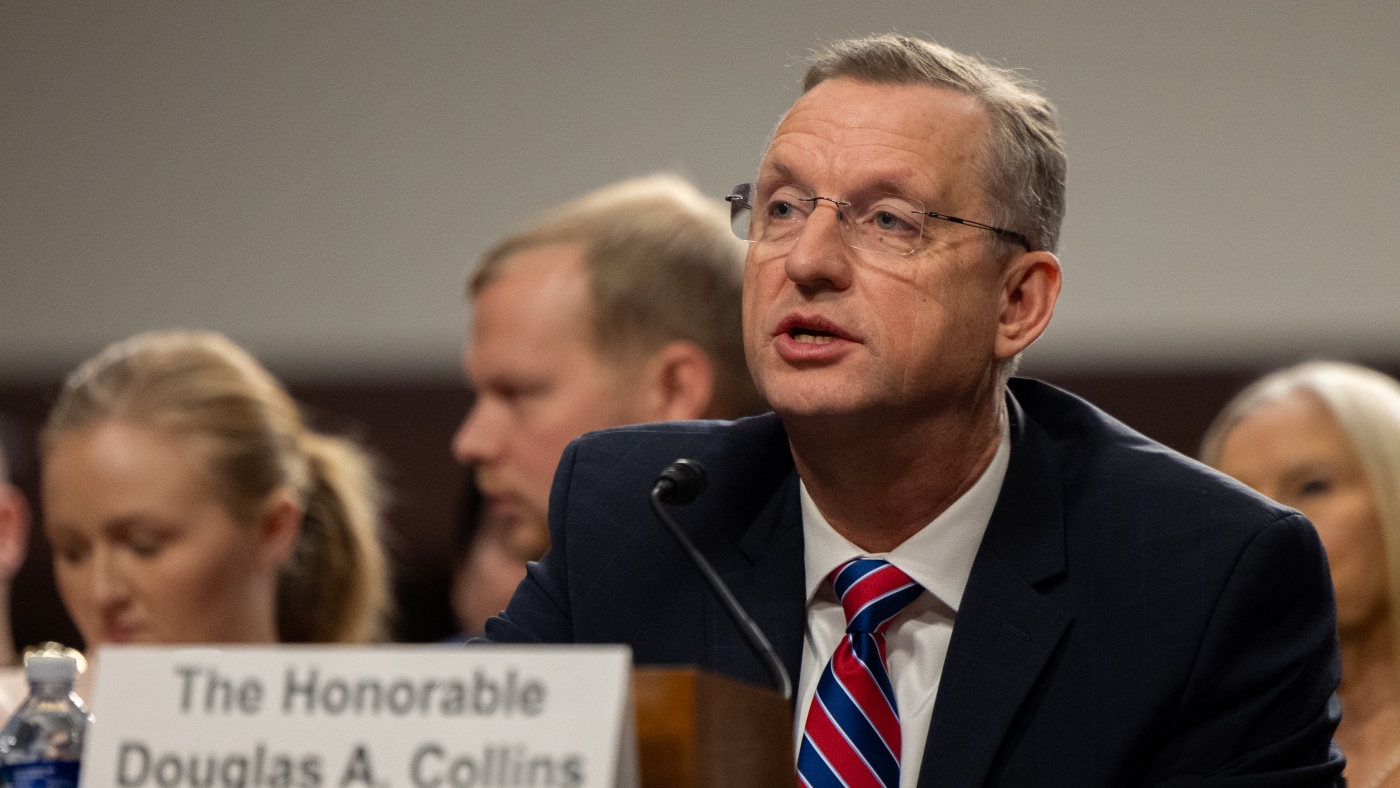





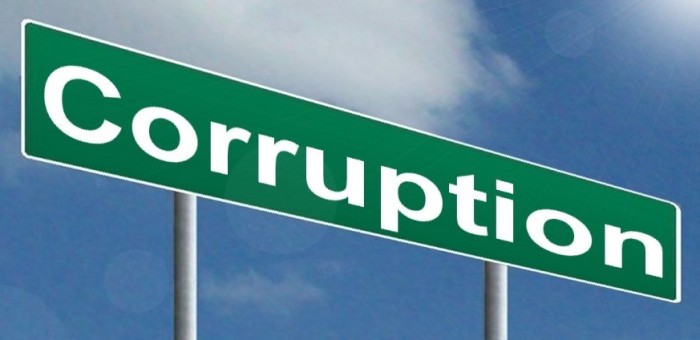
![Trump’s FAA Shake-Up: DEI Gone, But Safety Questions Remain [Roundup]](https://viewfromthewing.com/wp-content/uploads/2024/01/DALL·E-2024-01-24-12.35.35-A-wider-view-of-an-overworked-air-traffic-controller-in-a-control-tower-captured-from-a-side-angle.-The-controller-is-visibly-stressed-with-sweat-on.png?#)














